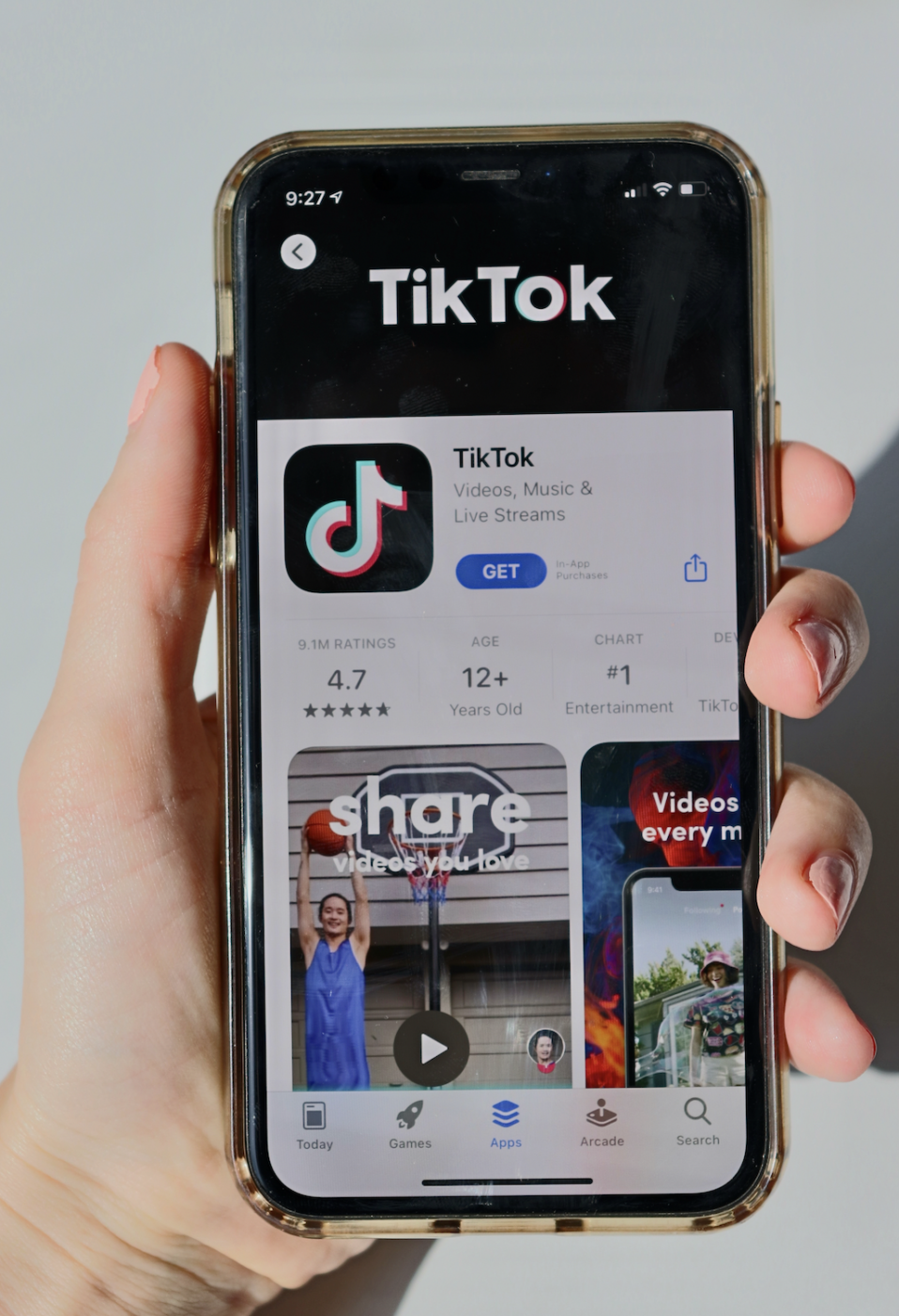It’s all fun and games until your favorite app gets banned. TikTok is a Chinese-owned social media app for creating and sharing a wide variety of short videos. TikTok has become a central debate in American policy in the last couple of weeks due to its alleged imposing security and privacy risks. The discussion of artificial intelligence, chatbots, and the increasing reliability of wireless connection is consuming, and perhaps threatening human interaction as we know it.
Back in March 2023, the White House supported and backed a Senate bill that would give the authority to the Biden administration to ban social media apps, mainly Tiktok, for state and publicly-owned devices. The main concern is the user data security breaches of American users. However, Montana has made nationwide news taking this bill to the next level. It is the first state, and so far the only, that completely bans and prohibits the use and downloading of Tiktok. This was signed by State Governor Greg Gianforte to take effect on January 1, 2024.
TikTok has become a platform that globally connects people, communities, and businesses. The app has become a significant source of income for individual influencers that benefit companies. The platform allows for the creative expression and advertisement of products and services that
drive purchasing decisions, revenue streams, and traffic. This ban will financially damage individual entrepreneurs, supply chains, and businesses and overall negatively impact the economy.
Beyond the damaging financial impact, the defenders of TikTok believe the allegation to be unconstitutional. The ban restricts the legal speech of the people in Montana, by infringing on the right of expression that the app made possible. Further arguments also state that it is simply impossible to ban an app in one state as companies such as Apple and Google do not function by state but rather nationwide. It is not feasible for these companies to control the download of an app within the borders of a state.
The feasibility of the implementation of the ban is also highly questioned. It goes beyond the app itself to infringements on basic American rights, control, surveillance, and privacy. Ironically, the future of the ban may reflect a paradoxical catch-22. Many questions remain from civil society, advocacy groups, and government officials on the future impact of the digital world in society.
Written by Community Outreach Intern, Kiana Flak


